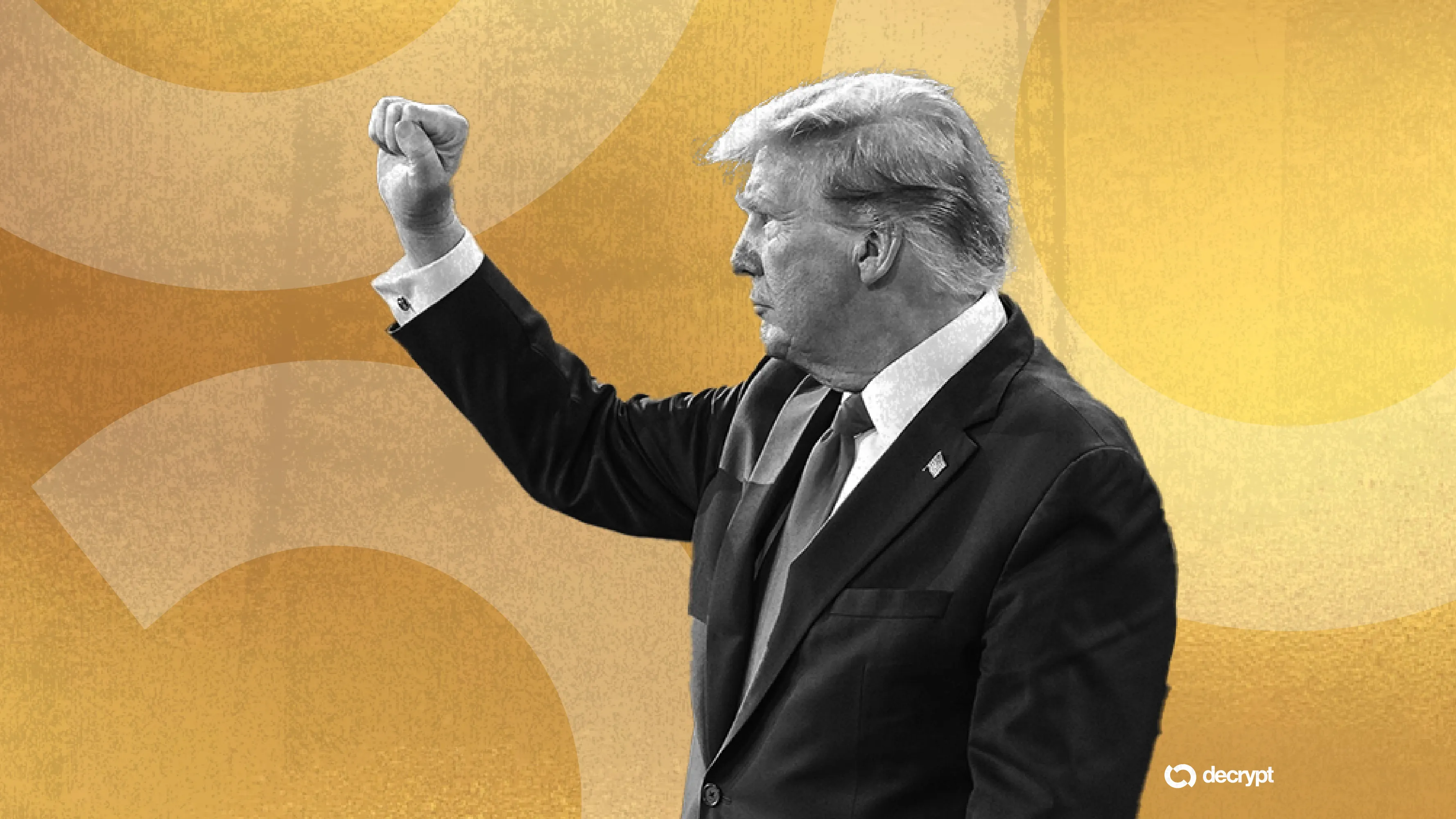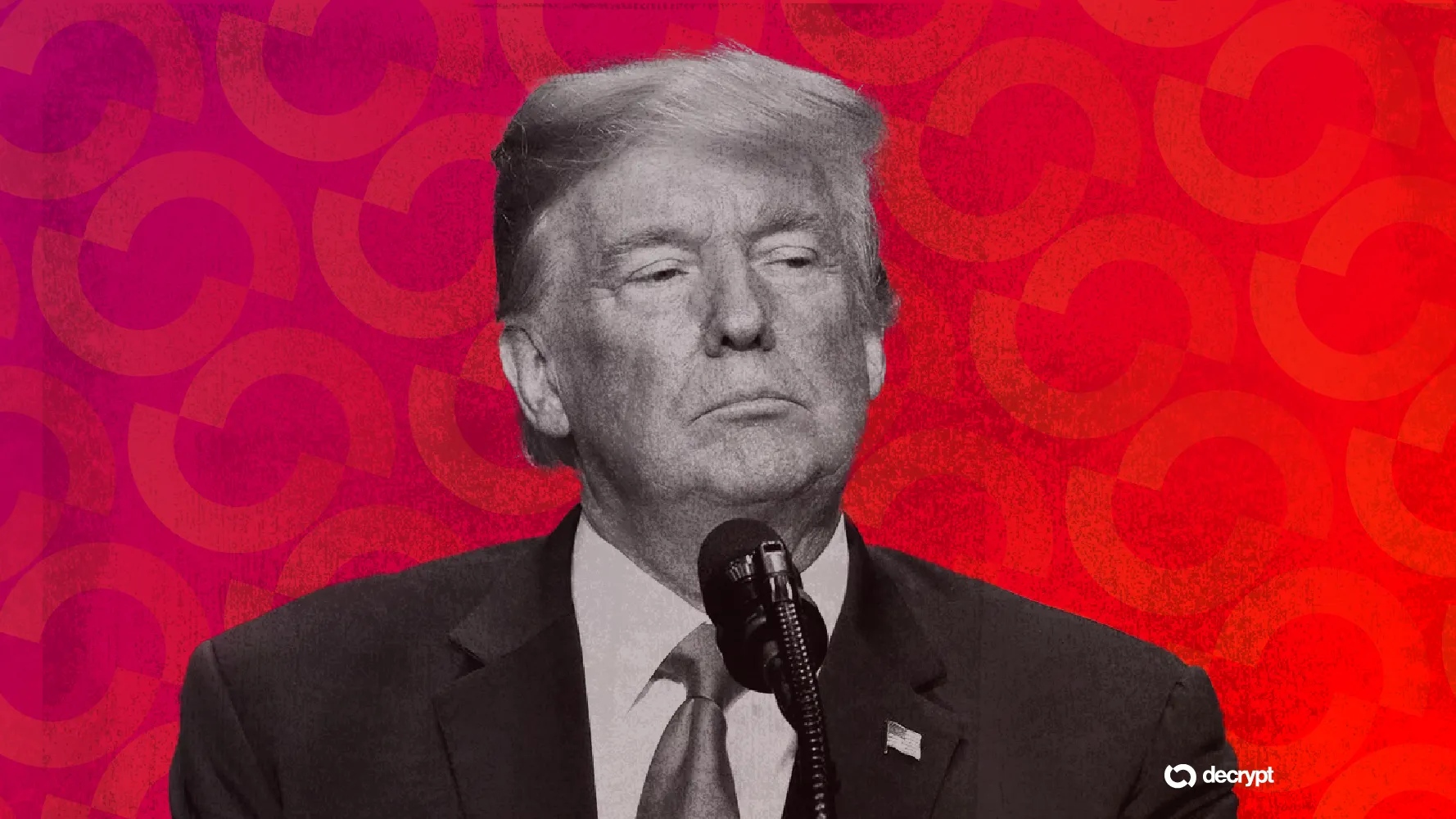In brief
- LayerZero Labs is building an "omnichain interoperability protocol that unites" decentralized applications from across blockchains.
- It's pulled in major funding from some of the biggest venture capital firms in crypto.
You've heard that it's a multichain future. How about an omnichain one?
LayerZero Labs, the developers behind the eponymous interoperability protocol, today announced a $135 million raise in a funding round led by Andreessen Horowitz, FTX Ventures, and Sequoia Capital.
Among the other names contributing funds were Coinbase Ventures, PayPal Ventures, Tiger Global and Uniswap Labs. The raise, which sees the company valued at $1 billion, follows a $6 million Series A round in September 2021 and a $2 million seed round in April of last year.
LayerZero's basic pitch is that increased use of decentralized apps–play-to-earn games, lending and saving protocols, token exchanges, and NFT markets, to name a few—have left "data and liquidity fragmented across applications deployed on different chains." It says it's built an "omnichain interoperability protocol that unites" those applications and that the funding will help "accelerate the development" of applications using the protocol.
FTX's Amy Wu Sounds Off on Dorsey vs Andreessen
On Episode 3 of Decrypt's gm podcast, Amy Wu, the head of FTX Ventures, gave Dan Roberts and Jeff Roberts her take on the Jack Dorsey vs Andreessen Horowitz feud over Web3. "There’s this constant narrative and paranoia that Web3 will become centralized, just like the previous rise of industries and the Internet... I think it’s good for people to remain paranoid about it," she said. She also commented on a16z's huge size in the space.
Other projects, such as Polkadot and Cosmos, are also working on so-called "layer 0" solutions to help scale blockchain networks.
Imagine buying an asset off of an Ethereum-based game, then porting it to a Solana-based NFT marketplace to sell, then putting the proceeds to work on an Avalanche-based lending platform. Pretty cool. But the LayerZero approach takes it a step further—it aims to have each individual app be able to utilize multiple chains so that they can function more efficiently.
Just as decentralized finance (DeFi) is often discussed in terms of composability—the "money Legos" that allow people to endlessly combine protocols into something new—LayerZero offers composability across chains.

Polkadot Launches Parachains, Increasing Scalability
This weekend, Polkadot achieved a new milestone in its roadmap for increasing the scalability of its network. The first parachains—run by Acala Network, Moonbeam, Parallel Finance, Astar, and Clover—went live on the Polkadot network. A parachain is a kind of individual, sovereign blockchain running on top of Polkadot. Polkadot aims for efficiency so that transactions don't compete against all other smart contracts in the same ecosystem. Parachains also mitigate the need for networks to rely on l...
"DeFi will have trading, borrowing, and lending applications across multiple blockchains, creating more efficient markets," states the press release. "Games and media dApps will have their high-throughput transactions on one blockchain, while having the ability to transfer, buy and sell NFTs onto other blockchains with the most liquid markets."
Said Andreessen Horowitz general partner Ali Yahya: “By unlocking cross-chain composability, LayerZero is enabling developers to build decentralized applications that simply weren't possible before.”
$135 million should help.



